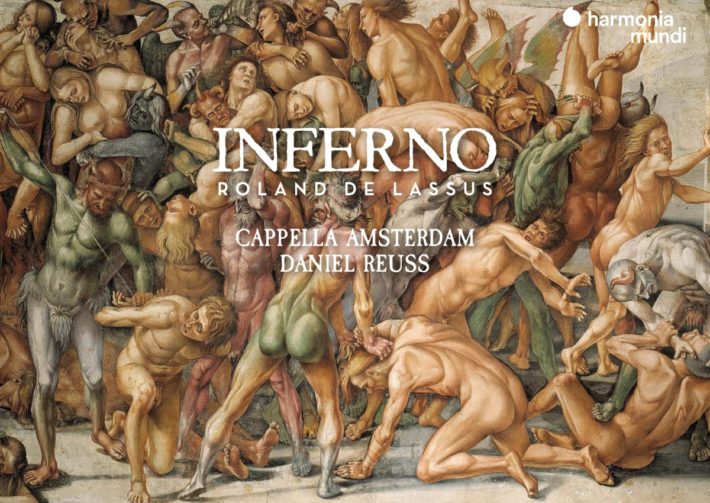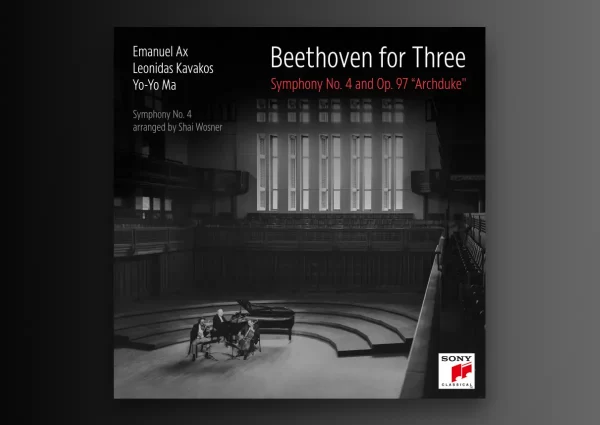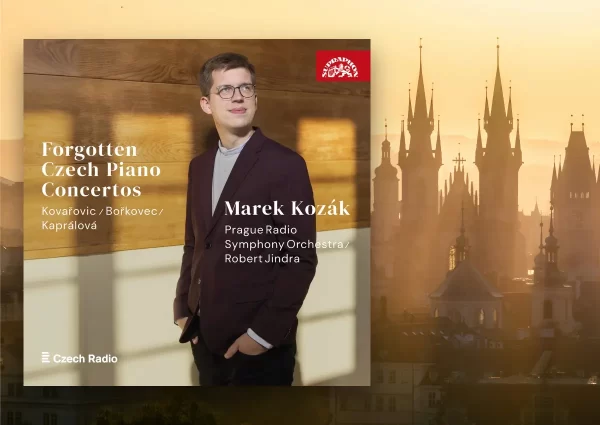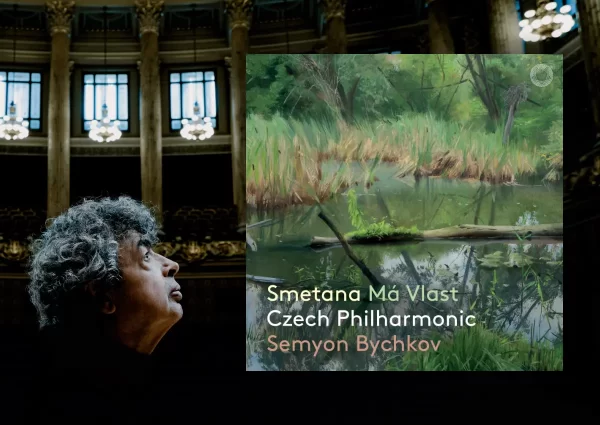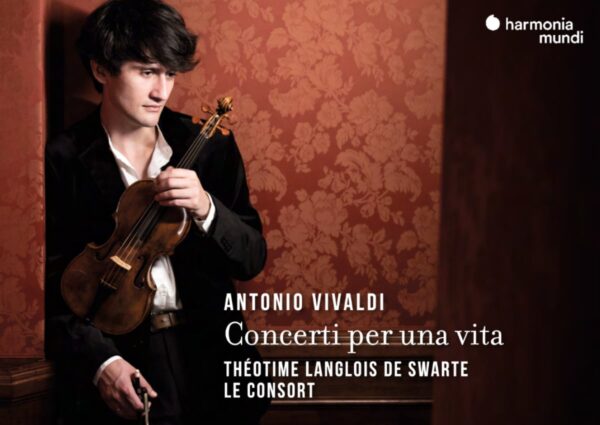This new album from Daniel Reuss and the Cappella Amsterdam covers selections from Orlando de Lassus’ secular music. The texts are rather gloomy — Ecclesiastes, requiem prayers, reflections on suffering — but Lassus’ compositional milieu didn’t allow him (or didn’t teach him) to write anything as downcast or explicit as we might expect today. The music is calm and reflective, only hinting at its meaning with symbolism.
Reuss and the Cappella take a fresh, flexible, entirely unpretentious approach to this music. For example, on the very first track, as the text vacillates between various moods (“a time to kill and a time to heal / a time to weep and a time to laugh”), tempos and diction evolve freely with each word, within reasonable, artful constraints. On the words “weep” and “mourn,” there is the slightest slackening of morale, and an immediate rushing back on the words “laugh” and “dance,” respectively.
The same playfulness appears in track 10, a setting of Paul’s first letter to the Corinthians, as the lower voices use a full tone to represent Paul speaking as himself, while the upper voices stick to a lighter sound to sing the refrain “as a child.” Even when singing the most conservative track on the album, a Gregorian antiphon (track 4) that serves as a prelude to a Lassus setting of the same (track 5), there is elegance in place of the rigidity that often accompanies Gregorian chant. The tenors, singing by themselves, indulge in small shimmers of vibrato on the word “sancte” (“holy”), and phrases have momentum. We hear the antiphon as the bitter reflection that it is, not just notes in a row.
Related Classical Music Reviews
- Review: “Passions” – Les Cris de Paris, Geoffroy Jourdain
- Review: Anamorfosi – Le Poème Harmonique, Dumestre
- Review: Peñalosa -“Lamentations” – New York Polyphony
Neither, on the other hand, is Reuss guilty of imposing his will on every piece. The pieces with more straightforward structures are let to unfold more uniformly, undisturbed by explicit artistic choices (tracks 5 and 9, for example). Additions of very subtle phrasing enhance Lassus’ melodies.
The choir, a sixteen-voice subset of the full Cappella, is in excellent technical form throughout the album. Vocal parts are doubled and intonation within each pair is precise, like a dance troupe moving in perfect unison. The polyphony emerges like calligraphy from the parts’ interactions, and the harmonic relations between the parts are no less precise. Each fifth is tall and supple, and the thirds remarkably warm. The low end is particularly impressive, and has been captured carefully by the engineers. These basses sound just as resonant on the lower half of the staff as the upper, their voices not losing any warmth or strength (e.g. track 6), and their occasional moments of close harmony are never muddied.
Recorded in the Waalse Kerk (Walloon Church) in Amsterdam, the album’s acoustics are a delicious balance of up-close and resonant. The singers sound truly velvety, even in forceful moments. I struggle to remember the last time I heard a choir recorded this well — Les Cris de Paris’ superb “passions” comes close, also (perhaps not surprisingly) from Harmonia Mundi. This album should be more than sufficient to win over any Renaissance-choral-music skeptics, and will provide those of us who are already converts with many happy hours.

“Inferno”
Rolando De Lassus – Motets for six and eight voices
Cappella Amsterdam
Daniel Reus – Conductor
Harmonia Mundi, CD HMM 902650
Read more classical music reviews or visit The Classic Review Amazon store
Follow Us and Comment:
Get our periodic classical music newsletter with our recent reviews, news and beginners guides.
We respect your privacy.

